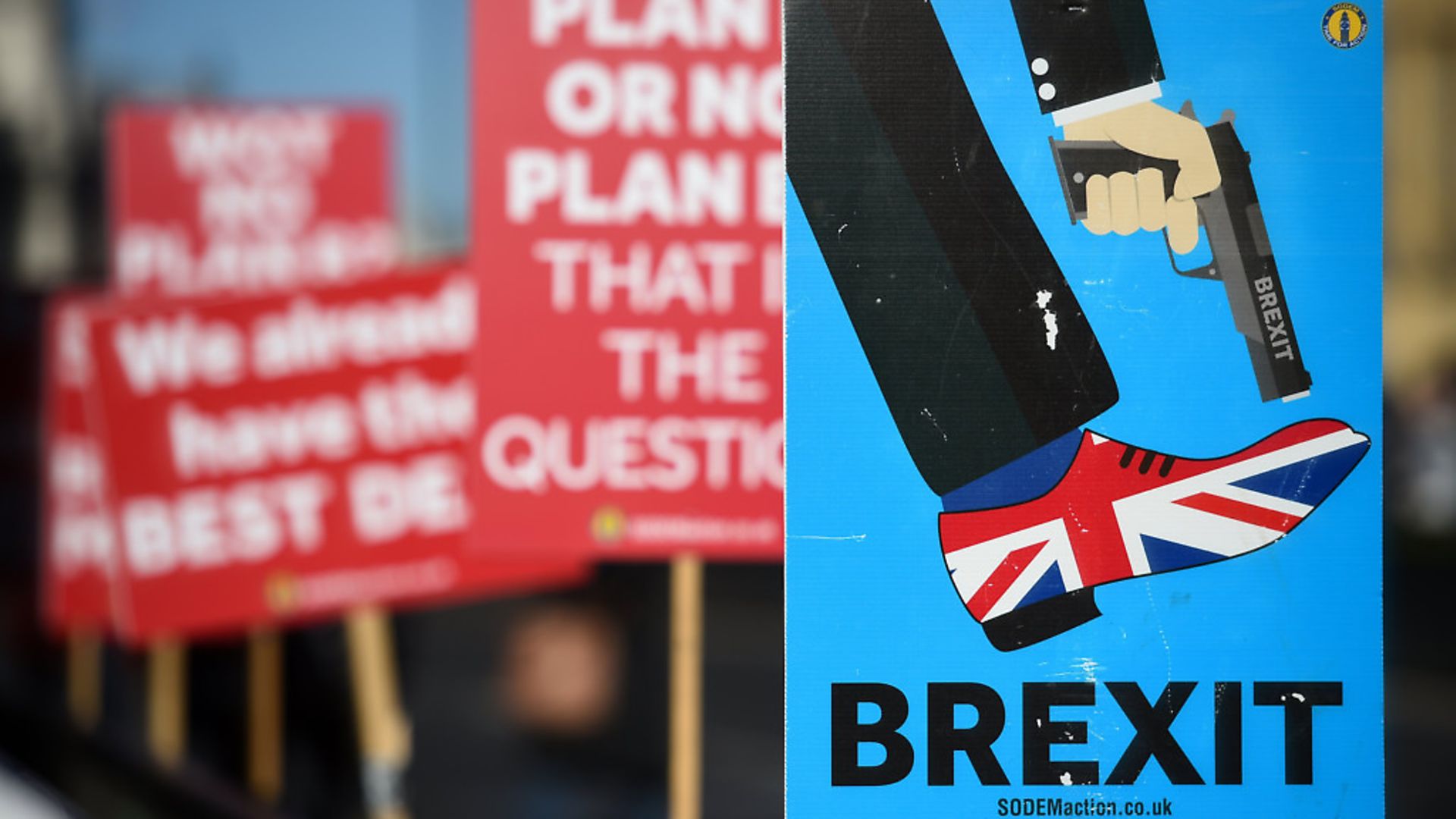
It is simply untrue for Brexiteers to claim that under a no-deal Brexit the UK could simply move to World Trade Organisation (WTO) rules and there would be nothing to fear.
Putting aside the major economic damage, the UK will be unable to have frictionless, tariff-free trade under WTO rules for up to seven years in the event of a no-deal Brexit.
There are two insurmountable hurdles to the UK trading on current WTO tariffs in the event of Britain crashing out in October.
Firstly, the UK must produce its own schedule covering both services and each of the 5,000-plus product lines covered in the WTO agreement and get it agreed by all the 163 WTO states in the remaining parliamentary sitting days until October 31. A number of states have already raised objections to the UK’s draft schedule: 20 over goods and three over services.
The second hurdle is the sheer volume of domestic legislation that would need to be passed before being able to trade under WTO rules: there are nine statutes and 600 statutory instruments that would need to be adopted.
For those advocating a no-deal Brexit there is a responsibility to be honest with the British public. Yes, it can be done, but the idea that the UK would simply move onto WTO tariffs, which would in themselves have a major economic impact, is far from simple.
Alex Orr, Edinburgh
My local MP, Suella Braverman, has told her constituents that she favours a no-deal exit from the EU “to just get us out”. According to her, plans for a no-deal “are in place” and this will provide “certainty to the country and businesses”.
Carolyn Fairbairn, the director general of the CBI, however, has condemned a no-deal exit as “irresponsible”. Fairbairn knows business better than Braverman and warns that firms can never be prepared for a no-deal scenario and that they will be hit by an eye-watering £20 billion increase in customs costs.
Fairbairn’s assessment is based on her specialist knowledge of the real business world and is extremely worrying for the future of this deeply divided country. Braverman, however, regularly makes outlandish statements (she recently told me the Tory Party was “united”). No wonder the stock of British politicians is at an all-time low.
William D Taylor, Fareham
Despite the changing lies from the Brexiteers and what many of us perceive as the overwhelming downsides of any sort of Brexit, it seems that many ordinary people are still firmly in favour of it. Whatever their reasons, if that is what they still think they will not be easily persuaded otherwise.
If we do eventually achieve either a very soft Brexit or total cancellation (as we profoundly hope), how are those people to be appeased?
Richard Mellish, Harrow
– Join the conversation by writing to The New European – send your letters for publication to letters@theneweuropean.co.uk – and pick up your copy every Thursday.










